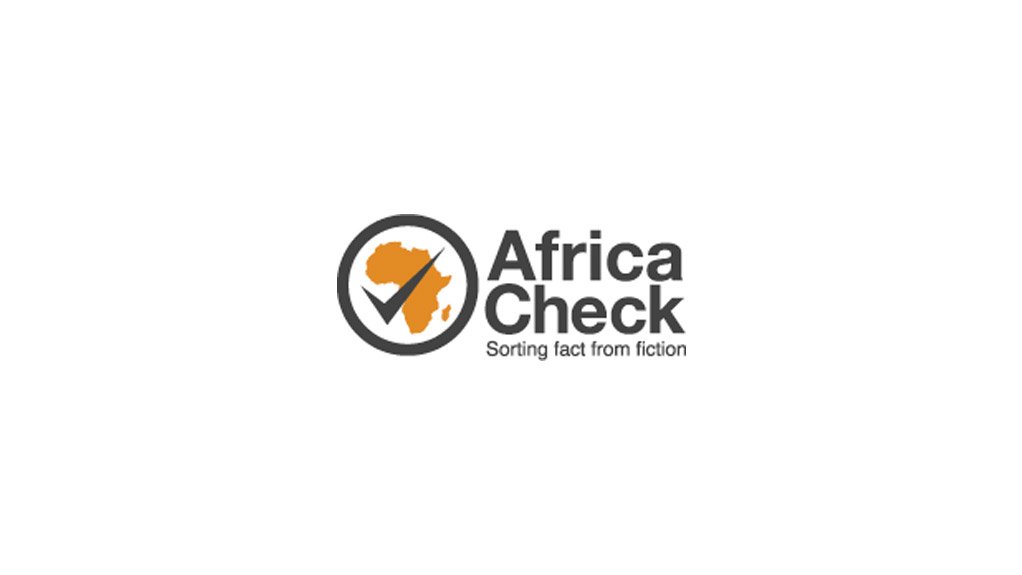This claim forms the headline of the article. But it is different from what is directly attributed to Hamzat in the body of the report.
The article quotes Hamzat as saying that his friend said the prices of things had gone up by three times in Nigeria but by about 15 times in Senegal.
To establish the actual claim, we watched the Channels TV video the paper cited as the source. Hamzat was speaking at a ceremony to mark the Muslim holiday of Id el Kabir.
In the video, Hamzat says of his friend: “He said prices of things in Kaduna is about three times, but in Senegal it’s about 15 times. You people, you complain too much.”
Kaduna is a state in the country’s northwestern region. The newspaper quoted Hamzat as though he was referring to the whole country, using the state as a proxy for Nigeria.
That said, is the newspaper's headline accurate?
‘Not a straightforward comparison’
Experts told Africa Check that it was not accurate to make a direct comparison between the prices of unspecified items in Nigeria and Senegal.
Differences in important factors such as adequate rainfall, good monetary and fiscal policies and the impact of exchange rate depreciation should be taken into account, Dr Baba Madu, head of national accounts at the Nigerian National Bureau of Statistics (NBS), said.
“In fact, as for inflationary indicators, it is difficult to compare because in all the French-speaking West African countries, Senegal included, the inflation rate is controlled by a single central bank as well as influenced by the French government.”
Madu was referring to the Central Bank of West African States (BCEAO) based in Dakar, Senegal. The bank is the common issuing institution for the eight-nation West African Monetary Union.
The bank holds a central cash reserve, issues currency, manages monetary policy, organises and supervises banking activities, and provides assistance to member countries.
Imported inflation
Although most African countries and other developing countries had some economic factors in common, this kind of comparison was not straightforward, Olusegun Ajibola, a professor of monetary economics at Caleb University in Lagos, told Africa Check.
“For instance, the value of each country’s local currency, its foreign exchange reserves and its import bill must be considered. These factors determine the strength of a country’s economy and are related to inflation and the cost of living.”
Ajibola said while inflation was a global phenomenon, Nigeria was battling imported inflation. “That occurs in countries that depend a lot on imports of raw materials and finished products.”
Comparing prices of a specific product
Then how could we verify this claim? Economics professor Ndem Ndiyo, who teaches at the University of Calabar in southern Nigeria, said the prices of specific products could be compared by converting the prices in each country’s currency to a single currency, such as the US dollar.
Ndiyo suggested we compared the pump price of a litre of petrol in the two countries.
The petrol price jumped from around N200 to over N600 per litre after the Nigerian government removed subsidies in June 2023.
According to GlobalPetrolPrices.com, which compares global petrol prices in all currencies, on 24 July 2023 a litre of petrol cost 990 West African CFA francs (or US$1.67) in Senegal and N617 ($0.78) in Nigeria.
This shows that the price of a litre of petrol in Senegal was just over twice the price in Nigeria, at the end of July.











